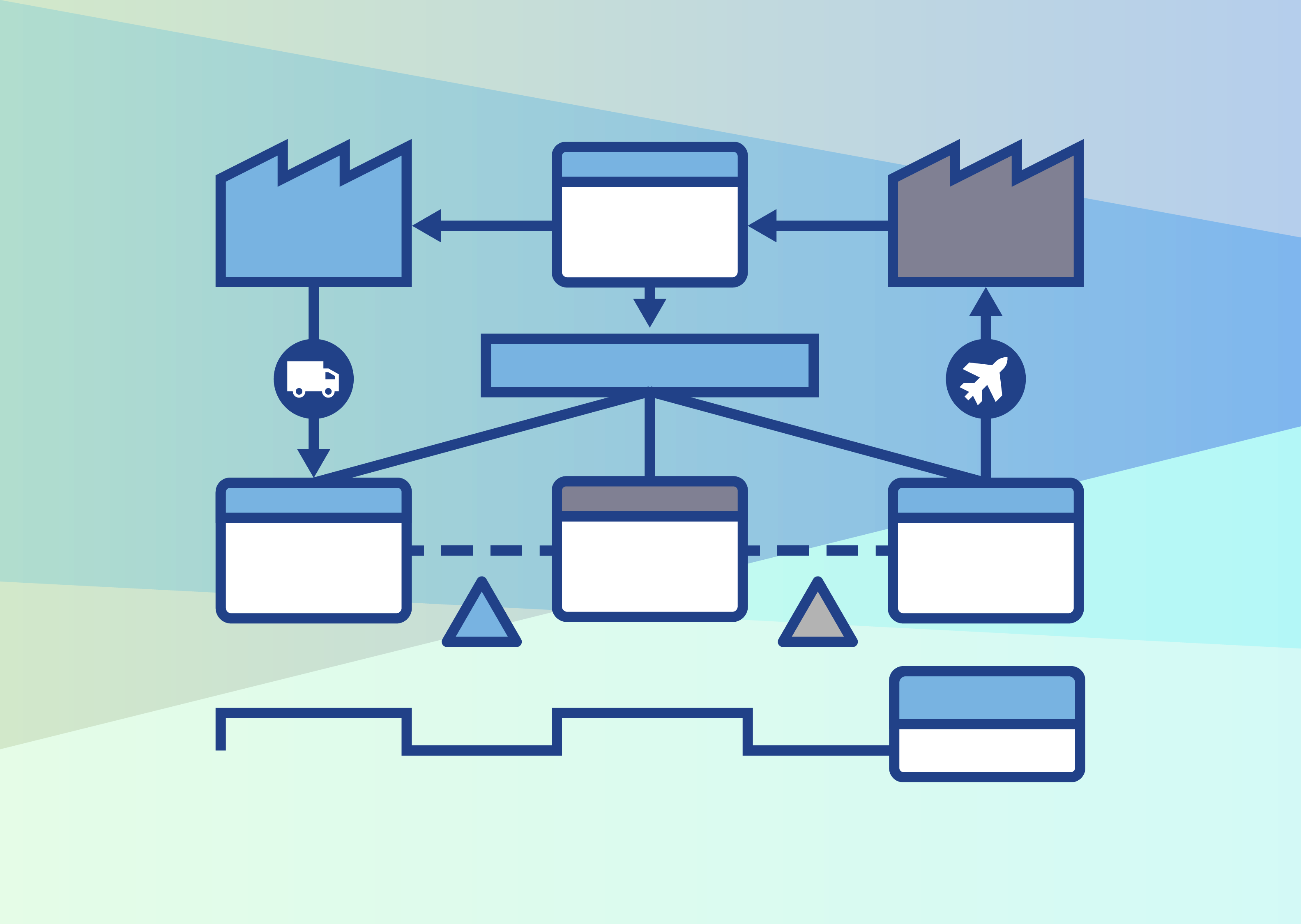Ask these Questions when Interviewing ERP Partners
ERP implementations are large-scale change-events that impact your entire organization. Finding the right ERP partner can help you successfully...
3 min read
 Rebecca Bridges
:
Apr 6, 2020 12:58:00 PM
Rebecca Bridges
:
Apr 6, 2020 12:58:00 PM

The absolute first task in preparing for an ERP implementation is ensuring the executive team has all bought-in on the project. There should be a clearly written business case that the executive team can sign off on. Additionally, the executive team should communicate this initiative, along with the reasons why, to the entire organization.
Key questions to consider:
RELATED: 3 Types of Software Every Manufacturer Should Use
ERP implementations are large-scale change initiatives that will impact nearly every individual in the organization. Therefore, the next consideration is your people - both those that will be impacted by the ERP as well as those that will be chosen to participate on the project team. It’s important to start evaluating how well your people can take change and just how much change they can handle. It’s also a time to start considering who will participate on the implementation team.
Key questions to consider:
One of the most common causes for go-lives to be delayed is data migration taking longer than expected. Before kicking off the implementation, your organization’s data should be identified, reviewed, and likely cleansed.
Key questions to consider:
RELATED: Everything You Should Know About Data Migration
Possibly a more obvious consideration, are examining your processes. It is likely that this has already been completed to identify requirements for the new ERP system, however, if not, now is a great time to start documenting your processes.
Key questions to consider:
Choosing a cloud-based ERP system is advantageous for many reasons, one of which is not having to support the on-premise hardware. However, there are infrastructure considerations for the cloud.
Key questions to consider:
Although each of these topics merits their own blog, answering these basic preparatory questions can help your organization get a cloud-based ERP implementation started on the right path. This preparation takes time, however thorough planning at the start of an implementation is the best way to mitigate risks later.

ERP implementations are large-scale change-events that impact your entire organization. Finding the right ERP partner can help you successfully...

Organizations must optimize processes and improve operational efficiency for sustainable growth in today's competitive landscape. Value stream...

Enterprise Resource Planning systems, more commonly known as ERP systems, have become indispensableto users worldwide in the past decade.It’s a...